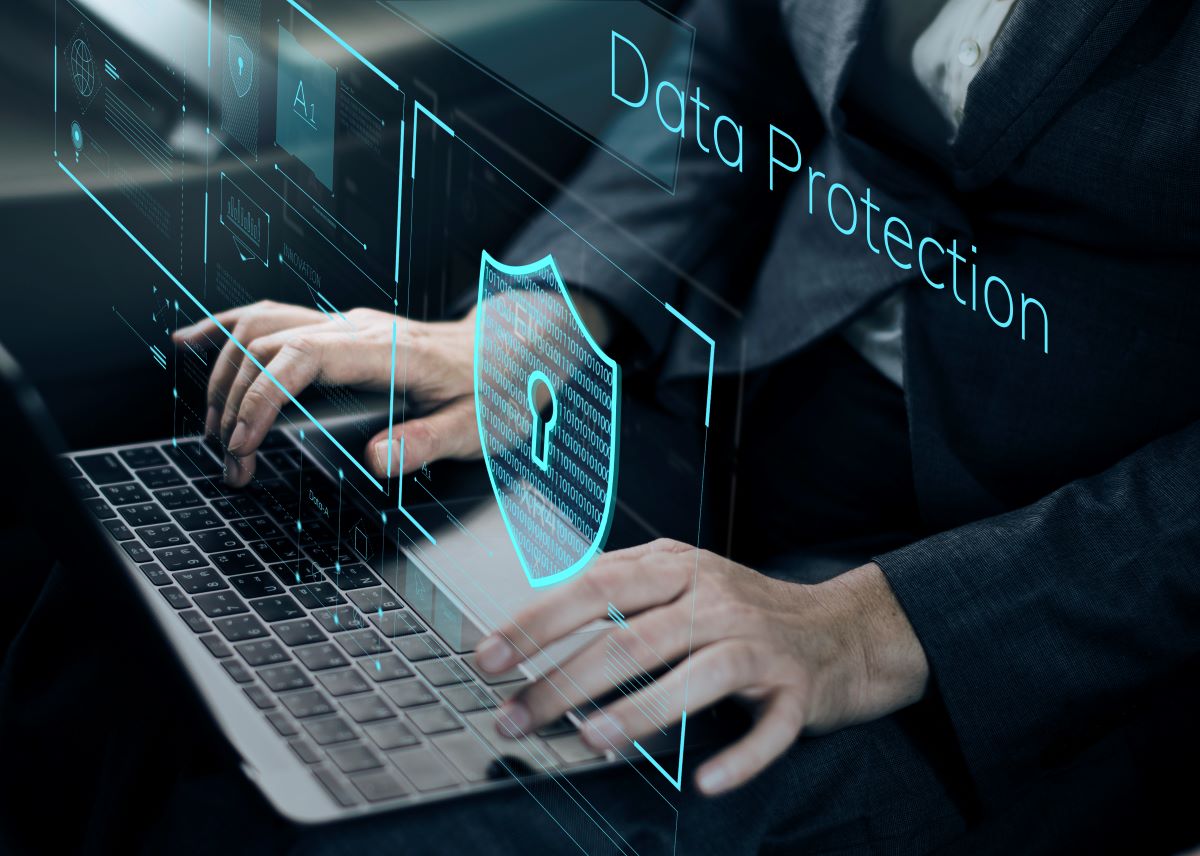Wednesday, May 14, 2025 4 min read Cybersecurity
Data Privacy Compliance and Remote Teams
Ensure privacy compliance in remote teams by adhering to local and international laws, including GDPR and HIPAA, for secure software development.

What is Privacy Compliance in Remote Work
Privacy compliance involves observing to legal standards that protect personal data. For remote teams, this means implementing measures to secure data during collection, processing, storage, and transmission. Non-compliance can lead to severe penalties, reputational damage, and loss of customer trust.
Key Regulations Impacting Remote Teams
- General Data Protection Regulation (GDPR): A European Union regulation that mandates strict data protection and privacy measures for all individuals within the EU and the European Economic Area.
- Health Insurance Portability and Accountability Act (HIPAA): A U.S. law that sets standards for protecting sensitive patient health information, applicable to healthcare providers, insurers, and their business associates.?
- California Consumer Privacy Act (CCPA): A California state statute that enhances privacy rights and consumer protection for residents of California.
Each of these regulations has specific requirements regarding data handling, access controls, and breach notification protocols.

Best Practices for Ensuring Privacy Compliance
Implement Robust Access Controls
- Role-Based Access Control (RBAC): Assign data access based on employee roles to minimize unnecessary exposure.
- Multi-Factor Authentication (MFA): Requires multiple forms of verification to enhance security.
- Regular Audits: Conduct periodic reviews of access permissions to ensure appropriateness.
Secure Remote Work Environments
- Use of Employer-Issued Devices: Ensure employees use company-provided devices configured with necessary security measures.
- Encryption: Encrypt sensitive data both at rest and in transit to protect it from unauthorized access.
- Virtual Private Networks (VPNs): Mandate the use of VPNs when accessing company resources remotely.
Educate and Train Employees
- Regular Training Sessions: Conduct ongoing training on data privacy laws, phishing threats, and secure data handling practices.
- Awareness Programs: Promote awareness of the importance of data privacy and the organization's policies.
Establish Clear Data Handling Policies
- Data Minimization: Collect only the data necessary for business operations.
- Data Retention: Define and enforce policies on how long data is retained and when it is securely disposed of.
- Breach Notification: Develop and communicate procedures for reporting and responding to data breaches.
Utilize Compliant Tools and Services
- Third-Party Assessments: Ensure that service providers comply with relevant privacy regulations and conduct due diligence before engagement.
- Data Processing Agreements: Establish clear agreements outlining data handling responsibilities and liabilities.

Challenges in Remote Work Privacy Compliance
- Insecure Home Networks: Employees may access company data from personal devices or unsecured Wi-Fi networks, increasing the risk of data breaches.
- Lack of Direct Supervision: Remote work environments can make it challenging to monitor and enforce compliance measures effectively.
- Human Error: Mistakes such as misdirected emails or improper data storage can lead to inadvertent data exposure.
Conclusion
Ensuring privacy compliance in remote teams requires a proactive approach that combines robust security measures, comprehensive training, and continuous monitoring. By implementing best practices and staying informed about regulatory requirements, organizations can protect sensitive data, maintain customer trust, and avoid legal repercussions.
Related Article: Cyber Security Services: A Complete Guide for Business Protection in 2025